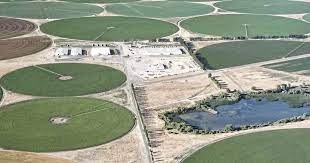Written by Harry Barnett
I never dreamt that a soil disturbing potato farmer like myself would be writing an article for the Direct Driller magazine but I feel privileged to share some of my findings and views. I am based on the Holkham Estate in North Norfolk, where I run a potato growing enterprise growing salad, maincrop, processing and seed varieties. I am a millennial and a realist. On one hand, my millennial moral compass pushes me to make environmental and social improvement, whilst my realist values tell me that we must avoid risk and remain commercially competitive and profitable in business.
In 2023 I was fortunate enough to be awarded a Nuffield scholarship, kindly sponsored by McDonald’s UK & Ireland and the Royal Norfolk Agricultural Association. I am researching how UK potato farmers can counteract the market and agronomic challenges they currently face. I have seen the great, the good and the downright ugly side of potato farming across the globe.
At the start of my journey, when pondering my title, the prospects of the UK potato sector looked bleak, with a steadily declining retail market, incredibly low margins and poor return on capital. Combine this with an unpredictable climate, pest and disease pressures, and as a result a UK grower exodus is underway. Across the globe some of these common themes exist, with countries and continents having their own solutions to overcome them.
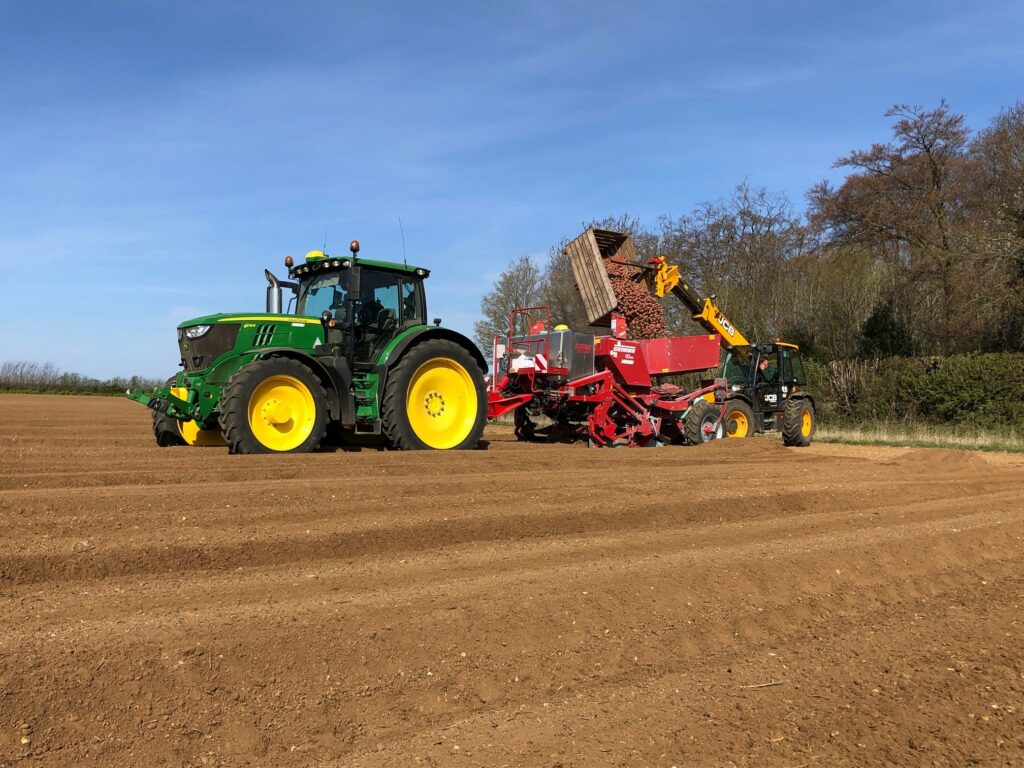
Perspectives from abroad
Our European neighbours are the most aligned with their growing challenges, most notably with a scarcity of water during the growing season and an abundance during harvest – a familiar tale. They also face a political landscape which appears to be more authoritarian and restrictive than the UK. I visited farms in the Netherlands, who are battling the government on greening rules that restrict phosphate and nitrogen use, and French farmers who are having water use restrictions imposed on an annual basis. These challenges are making it harder to deliver marketable yields consistently.
North America is on a completely different path to our European counterparts. Washington state in the USA produces some of the highest potato yields in the world. Their farmers make the most of long growing seasons, deep silty soils and the Columbia River. They tailor fertiliser and agronomy programmes to enhance yields and keep pests and diseases at bay.
Honestly, I was frightened by the input use and struggle to see how this is going to be maintained in a long-term sustainable farming strategy. Fumigating soils with 40 gallons an acre of an organophosphate whilst applying 30 inches of water to a crop annually cannot be good for the long-term health of the public and environment. This is certainly not something that can be mirrored in the UK.
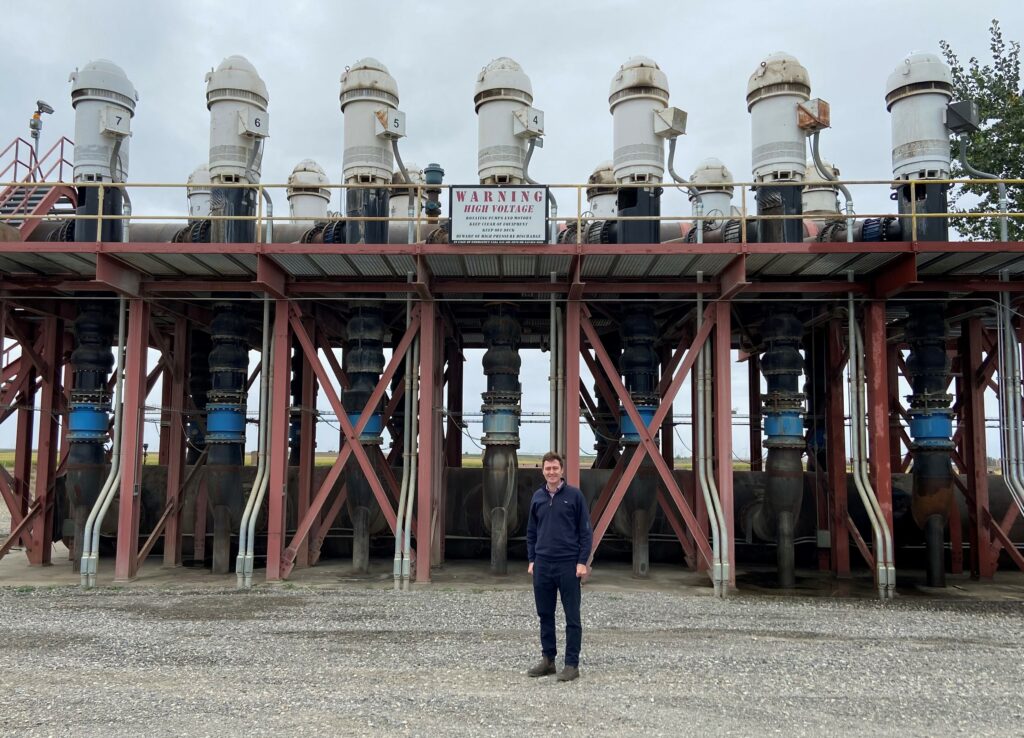
Reflections
One thing that Nuffield has taught me is not to be judgemental. US farmers are asked to produce plentiful, cheap food, and their potato growers succeed at a scale and efficiency level that European farmers cannot begin to imagine. The US model of scale and inputs reduces risk, therefore allowing farmers to be successful at margins that would bankrupt UK producers.
In my opinion, change is required away from conventional high input systems as part of a long term sustainable food strategy, however, removing inputs reduces control and adds risk. If the UK and European consumer want nutritious, environmentally friendly produced food, they will have to pay more for it in the short term, either through increased prices on retail shelves or more indirectly through increased government support.
Making changes at home
This planting season, our business is striving to achieve what many around the world would perceive to be the potato-growing impossible. We will set out to grow a salad potato crop with no artificial fertiliser, no synthetic fungicides and no insecticides whilst achieving the same marketable yield as our conventional salad crops. Impossible? Five years ago, I would have said yes and told you it is commercial suicide.
The risks involved in the wrong growing season would see our business lose a six-figure number across a 10-hectare field if, and when, it goes horribly wrong. We will achieve this by:
- Growing a Dutch-bred salad variety with strong agronomic traits and very high blight resistance
- Applying a fertiliser that uses clever technology to recycle waste streams with a carbon footprint 80% lower than conventional fertilisers
- Using a keen eye from the agronomist (me) making sure that the crop remains healthy.
For context, on a conventional salad potato crop we would usually apply 8 prophylactic fungicides to keep blight away, a soil borne fungicide to control soil pathogens such as rhizoctonia and black dot and an artificial blend of fertiliser containing DAP, AN and MOP.
I am fully aware that this is a small step and only represents a tiny fraction of our growing area, but it is progress.
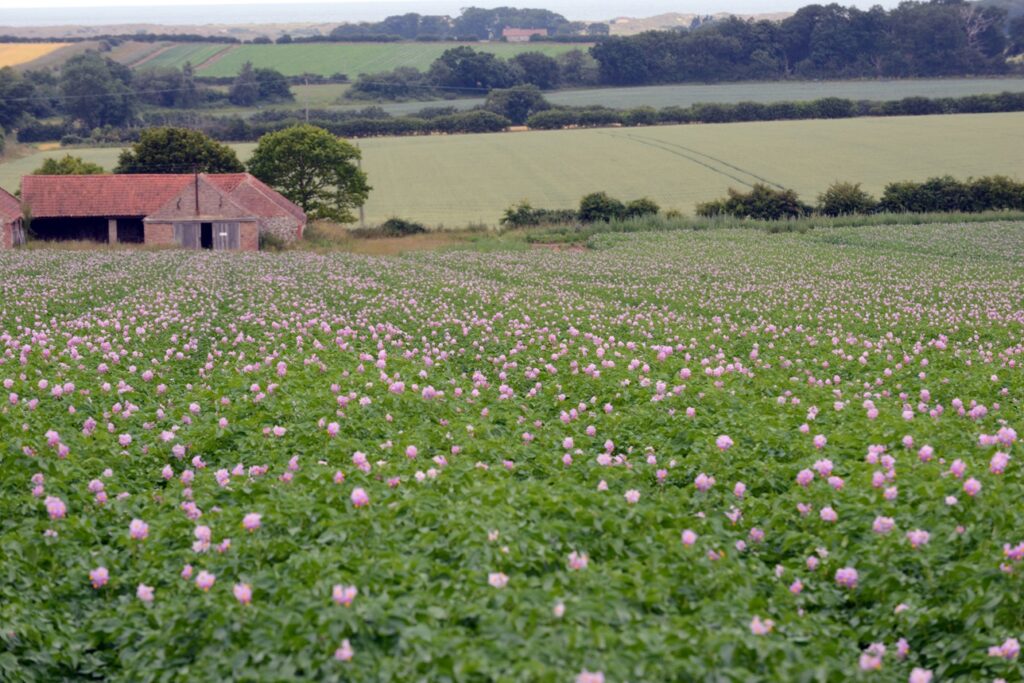

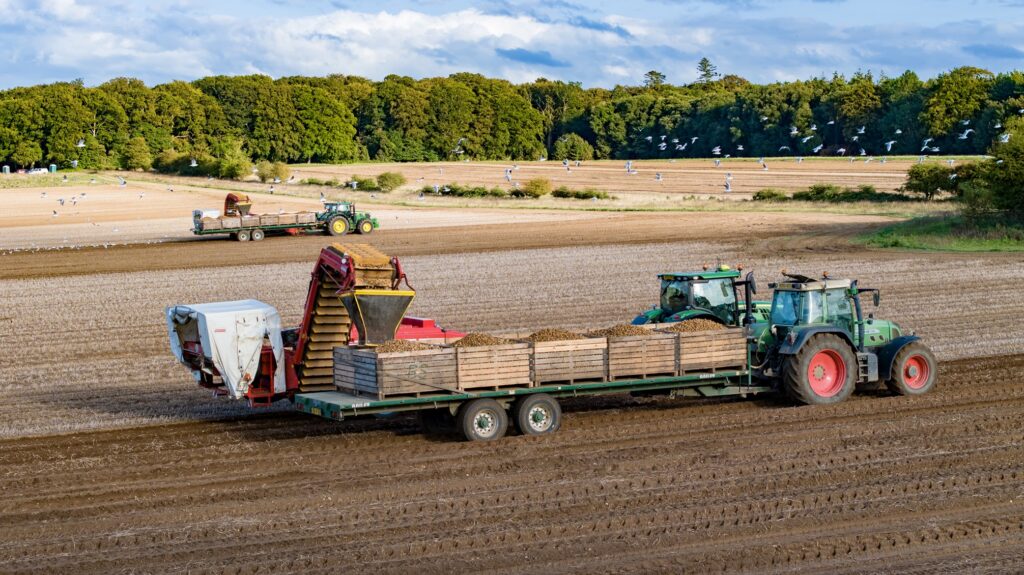
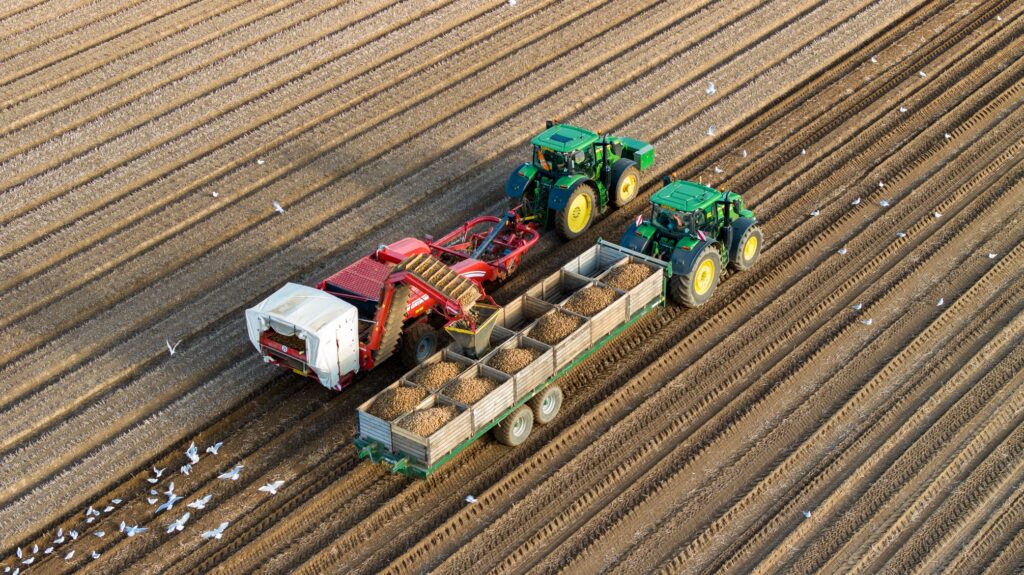
Better tools
There is a famous saying that a bad workman blames their tools, and there is definitely truth in this. However, farmers do need realistic tools to move in a sustainable, dare I say, regenerative direction. The tools slowly begin to emerge, and it is important to remember that these things take time – as a farmer you get one chance per year.
I have visited potato breeding companies on my travels who were quick to point out that up until five years ago, breeding programmes were completely focused on yield rather than resistance. Adding stronger agronomic traits that reduce the use of inputs is very new, and I came away excited as to what can be achieved, even with conventional breeding techniques. Strong plant genetics that can fight off pathogens are going to be essential for farmers to hit input reduction targets.
I come back to my opening gambit of being a millennial and a realist. Through my working life, I truly hope and believe that the move away from the artificial inputs that have propped up the world’s food system is a real possibility rather than just a hippy pipe dream.
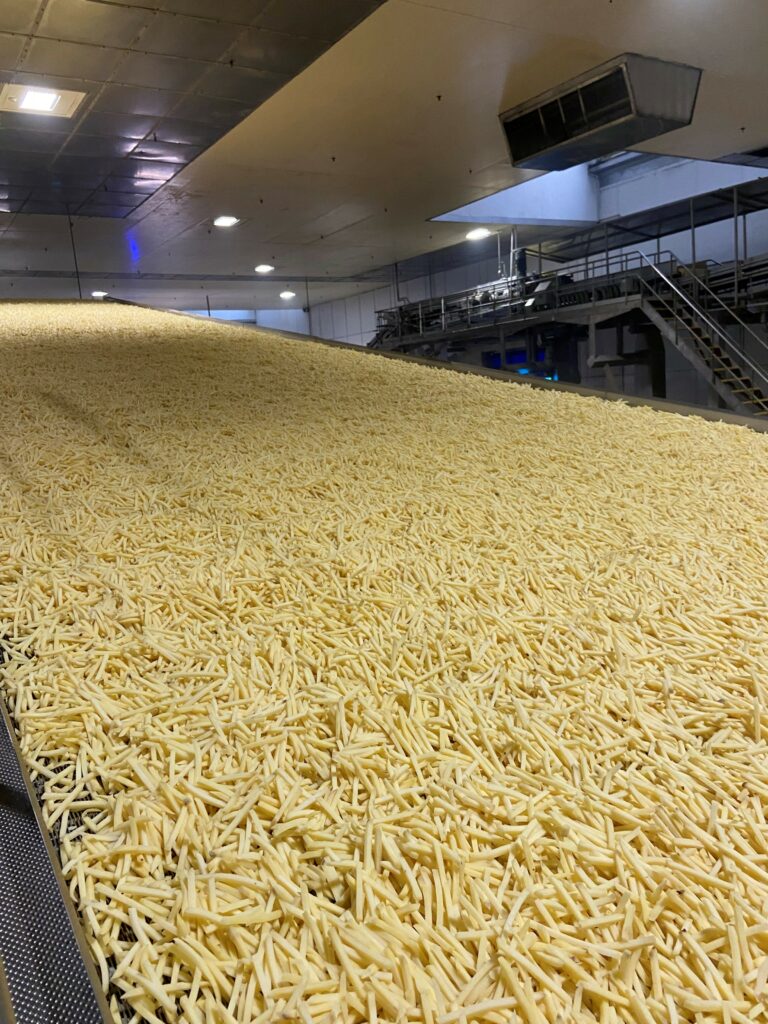
One thing that has given me hope for the UK potato sector is the fact that demand for potato products is increasing across the globe. The ‘french fry’ and the ‘potato chip’ (crisp) are cemented in western diets and the growth around the world is huge as people trade into these products. Whether I should be commending this is for another day, but I truly believe the humble potato, a staple in UK diets for centuries, should be championed and embraced in our UK farming systems. After all, the potato in its unprocessed form is the most carbon efficient and the most nutritious carbohydrate on offer to consumers.


